
Immortality
Many people long for immortality. They look for it in wealth or in fame. They imagine that it lies in making a name for themselves...

Many people long for immortality. They look for it in wealth or in fame. They imagine that it lies in making a name for themselves.
However, the secret of immortality is very simple – it lies in humility, for the humbler we are before G-d, the more we become attached to His eternal essence, and the more we merit the life of the World to Come. On the verse, "The earth exists forever" (Kohelet 1:4), the Sages say, "This refers to the humble, who lower themselves to the ground. Like the earthy, they exist forever" Rashi Kohelet1:4). On the other hand, as the Talmud says, an arrogant person will not rise in the resurrection of the dead, for he is not connected to G-d, the Source of Life (Sotah 5a).
Who can claim to be humble? Is it such an easy trait to attain? Yet Chazal promise us, "Every Jew has a portion in the World to come"(Sanhedrin 90a), implying that every Jew is humble enough to deserve eternal life. How can this be?
Rebbe Nachman explains that every Jew really is humble, although perhaps just a little bit. "It is the humble part of a person that will rise in the resurrection," he says. On the other hand, the pride, arrogance and self-importance in us will fade into the grave (Likutey Moharan II:72). This innate Jewish humility shows itself in may ways: in our readiness to put aside our own wishes to fulfill the will of G-d, in our ability to accept suffering with love and faith, in the simple acts of kindness we do for others, and in the realization of our own unworthiness before the great and awesome King. Traits such as these are a part of every Jewish soul.
Thus the Sages say, "Ein mazal l’Yisrael," "The Jewish people have no governing constellation" (Shabbos 156a). However, these words can be read differently: "The trait of ayin – alluding to humility (ayin also means nothingness, referring to the unperceivable nature of G-d) – is the governing force of the Jewish people." (See Degel Machaneh Ephraim, Drush l’Shabbos Teshuvah.) And since each and every Jew is in some way humble, each one will rise in the resurrection of the dead. Only their pride will remain behind.
For All Generations
However, we do not have to wait until the World to Come to gain immortality; a truly humble person can attain a measure of it in this world as well. For instance, Yehudah sinned with Tamar, but because he was humble enough to admit his error, Yaakov blessed him, "Yehudah, your brothers will praise you" (Breishit 49:8). This praise, says the Midrash, was the fact that his brothers were proud to be called by his name. Thus, we are all called Yehudim, Jews, because of Yehudah’s humility (Breishit Rabbah 98:6). And this is a type of immortality, in this world and in the next world.
Other examples are in Megillat Esther and Megillat Ruth. Both are named after women who demonstrated self-sacrifice for the sake of G-d and the Jewish people. When Eshter went before King Achashverosh to foil Haman’s plan, she put herself in physical and spiritual danger. "If I perish, I perish," she said (Esther 4:16). She was willing to perish in two worlds, this one and the next (Megillah 15a). Ruth, too, sacrificed everything to follow her mother-in-law Naomi and join the Jewish people. Thus, the memories of these women will remain with us forever and two important books of the Torah bear their names.
Guarding Your Property
If you want to guard your property, plant an Adar tree (a species of cedar tree) as the verse says, "Exalted (adir) in the heavens is G-d."
The Talmud states that a person who wants to protect his property from loss or damage should plan an adar tree – that is, alef-dar. Let him plant in his mind that the Ruler of the World (Alufo shel Olam) dwells (dar) among his possessions, and that they are under His constant supervision (Yismach Lev, Masechta Beitzah). For all the wisdom, talent, and advice we need to succeed comes only from G-d, as the verse says, "It is He who gives you power to become wealthy" (Devarim 7:18, Targum Unkelos translates this verse as "For it is He who sends you advice to acquire possessions.") When we realize this, and praise and bless His Name, then G-d Himself watches over us. Without His protection, all our own efforts are for naught.
On the other hand, "Pride goes before the fall" (Mishlei 16:18), for pride and arrogance are the real source of all our problems and misfortune. For instance, the book Duties of the Heart tells the story of a scribe who was overly conceited about his skill. One day, he boasted so much about his expertise that he totally forgot the One who granted him this gift. On that very day, his hand was cut off (Duties of the Heart, Shaar Habitachon). Whatever blessings and goodness G-d bestows upon us, we must accept with humility and gratitude.
Perhaps this is the meaning of the Talmud’s statement, "Kings are only anointed beside a spring of water, so that their monarchy will endure" (Harayos 12a). Water is a symbol of humility, for it flows from a high place to a low one (Taanis 7a). A king, more than other men, must take care "that his heart not be lifted up above his brethren, and that he not turn aside from the commandments to the right or to the left, so that he may prolong his days in his kingdom, he, and his children, in the midst of Israel (Devarim 17:20). His kingship will only endure if he is humble.
The Smallest and the Greatest
The Talmud list four great men who were noted for their humility: Avraham, Moshe, Aharon and Dovid. "I have greatness to Avraham," G-d declared, "yet he said me, ‘I am but dust and ashes’; I gave to Moshe and Aharon, yet they declared, ‘What are we?’ and I gave it to Dovid, who said, ‘I am a worm and not a man.’" (Chullin 99a). Yet, it was precisely on account of this humility that G-d forged an eternal covenant with each of them.
The verse says, "The humble in spirit will attain honor" (Mishlei 29:23). This refers to Avraham, who was greater than Adam, yet considered himself like nothing (Pesikta Rabbosai 7:2). Because of this, G-d promised him, "I will make you exceedingly fruitful, and I will make nations of you, and kings shall come out of you. And I will establish my covenant between Me and you and your seed after you for generations as an everlasting covenant, to be your G-d and the G-d of your descendents" (Breishit 17:6-7).
The same holds true of Moshe. The Torah is called, "Torah of Moshe" (Malachi 3:22), not because he went up to heaven to receive it, but because of his humility. According to the Midrash, when Moshe went up to heaven, he said to G-d, "Master of the World, if You are giving me this precious treasure, which you delight in every day, should I keep it for myself?" G-d replied, "Moshe, because you are so humble, the Torah will forever be called by your name" (Shabbos 89a). Indeed, everything Moshe touched had this eternal quality. The verse says fo the Tabernacle, built by Moshe, "Boards of Shittim wood, standing" (Shemos 26:15). Chazal comment that even though the Tabernacle has been hidden away and our hopes of restoring it seem lost, its boards are still "standing," meaning that they exist forever (Yoma72a).
To Aharon, the Kohen Gadol, the High Priest, G-d promised, "All the raised offering which the children of Israel offer to G-d, I have given to you and your sons and daughters for an eternal statute; it is a covenant of salt forever before the L-rd…" (Bamidbar 18:19). Just as salt lasts forever, so G-d’s covenant with Aharon lasts forever (see Rashi). This, too, was on account of his great humility. We see this in the controversy with Korach. When Korach challenged Aharon over the position of Kohen Gadol, Aharon remained silent. It was as though he admitted that Korach was greater than he; however, he was only doing what Moshe had told him, and fulfilling the decree of the King.
Finally, Dovid, though king of Israel, never succumbed to pride. In Tehillim (131:2) it says, "G-d, my heart was not haughty, nor my eyes lofty, nor did I delve in matters too great and wonderful for me." "My heart was not haughty," explains the Talmud, "when Shmuel anointed me king." "Nor my eyes lofty – when I slew Goliath. Nor did I delve in matters too great – when I brought the Ark to Jerusalem, and too wonderful for me – when I returned to my throne as king" (Talmud Yerushalmi, Sanhedrin 2:4, on Tehillim 131). Such humility imbued his deeds with permanence. According to the Midrash, it was Dovid who build the Western Wall of the Beis Hamikdash (the holy Temple), which, like the Tabernacle of Moshe, will last forever. And it is because of this humility that we declare, "Dovid, king of Israel, lives and is eternal."
How I Live
Alexander the Great asked the Sages, "What should a person do to live?" They answered, "Let him kill himself." That is, he should humble himself (Yalkut Shimoni, II Shmuel, 145).For the verse says, "G-d overlooks the sins of those who remain" – those who make themselves as unimportant as remnants (Rosh Hashana 17a). The Tana D’vei Eliyahu states, "A person should not thing, ‘Because I do not sin, I can set myself above others, and act superior to them.’ Rather, he should think, ‘Better not to do that, so that I live out my days.’" From here we see that the main way to acquire a long life is by distancing oneself from arrogance.
The Humility of Rabbi Yehoshua
The Midrash tells an unusual story. A ship on the Mediterranean suddenly encountered a fierce storm, and threatened to sink. Eliyahu Hanavi appeared to a young boy aboard, the only Jewish passenger, and said, "I am sending you to Rabbi Yehoshua ben Levi as my messenger. Show him these precious stones of Kadkud, and I will save the ship on your behalf."
"But Rabbi Yehoshua is the leader of the generation," said the boy. "He won’t listen to me."
"He is very humble and he will listen to you," replied Eliyahu. "But do not show him these stones in front of others. Take him to a cave three miles out of Lod, and show him there."
Suddenly, a miracle occurred and the ship was saved.
The boy found Rabbi Yehoshua sitting in the great yeshiva in Lod. "My master, I have something to speak to you about," he said.
Without a word, Rabbi Yehoshua rose and walked with the boy three miles to the cave. "My Master," the boy said, "These are the gems of Kadkud."
When he showed them to him, their brilliance lit up all of Lod. Rabbi Yehoshu threw them to the ground and they disappeared (for they had to be hidden until the arrival of the Moshiach).
This story illustrates the great humility of Rabbi Yehoshua. It corresponds well to another story told about him in the Talmud. The Talmud relates that Rabbi Yehoshua never experienced death, but entered Gan Eden alive (Kesuvos 77b).






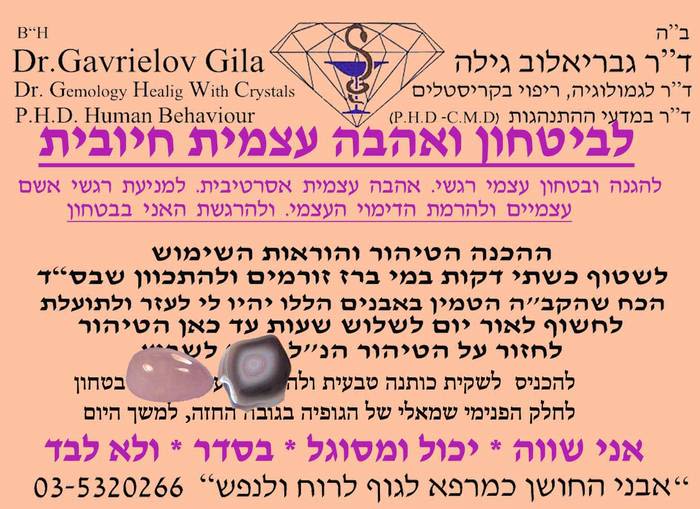
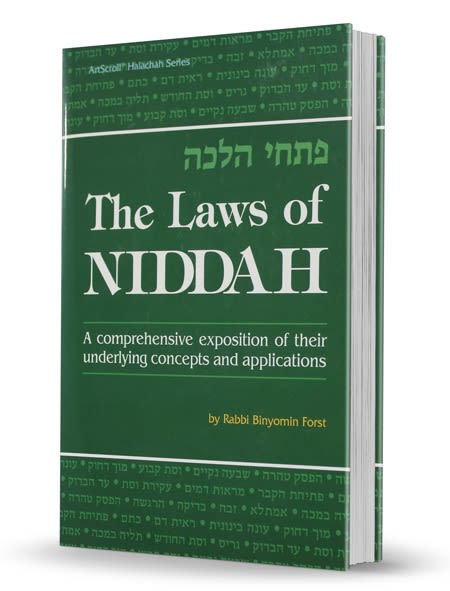

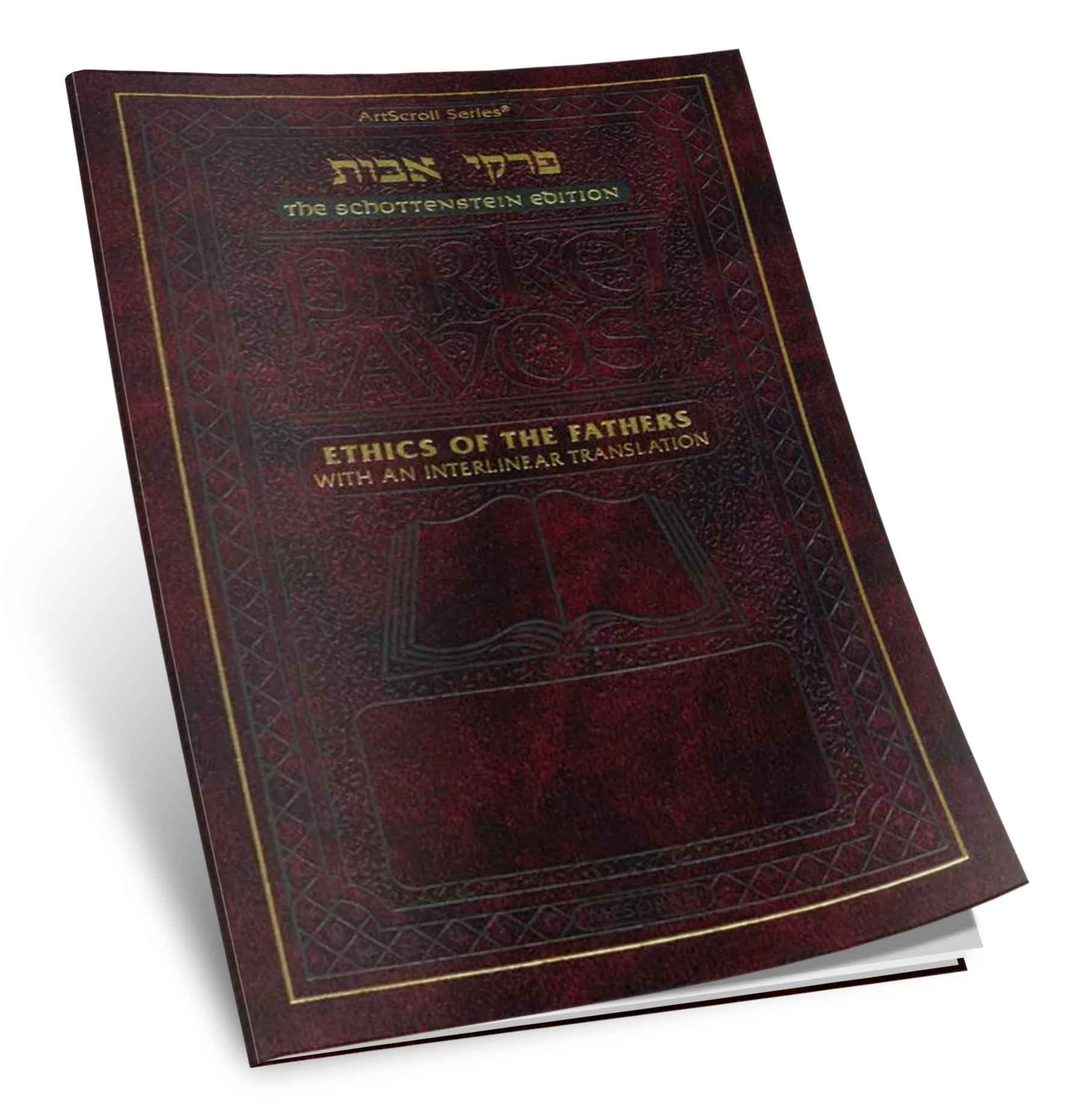
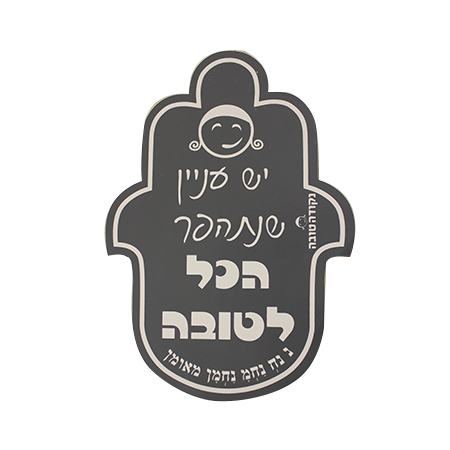
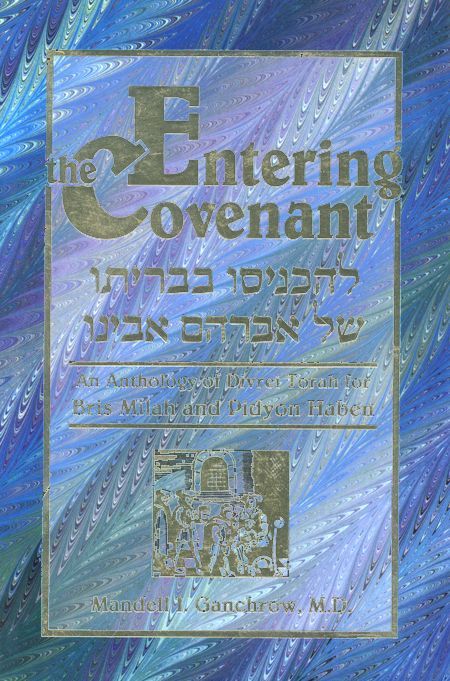
Tell us what you think!
Thank you for your comment!
It will be published after approval by the Editor.